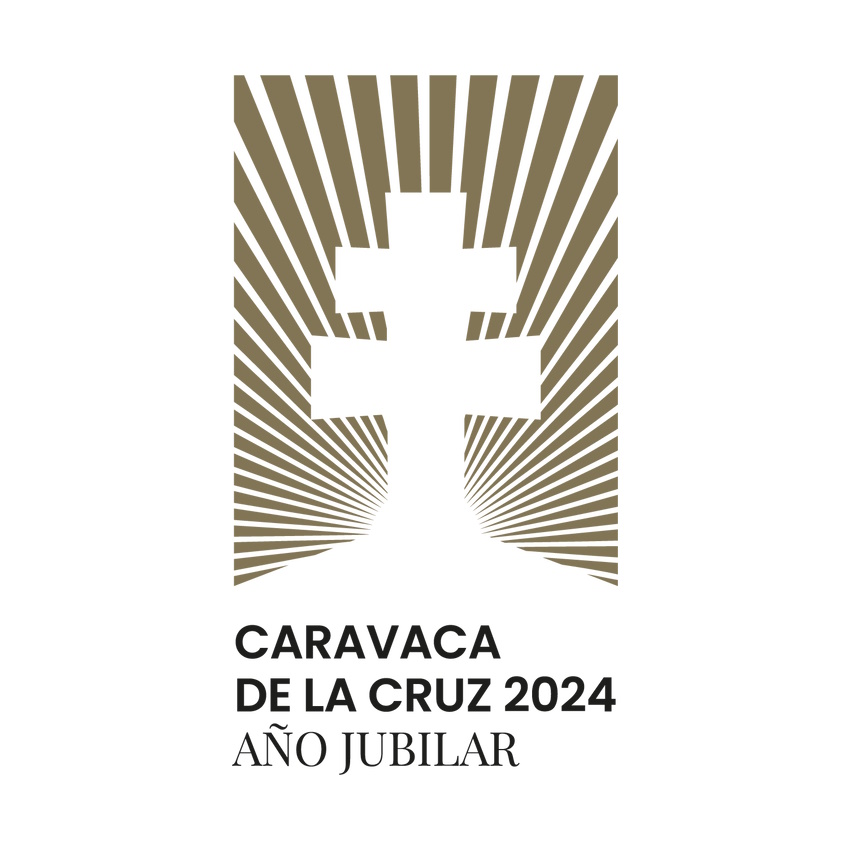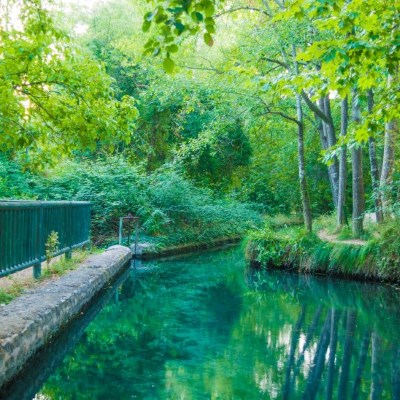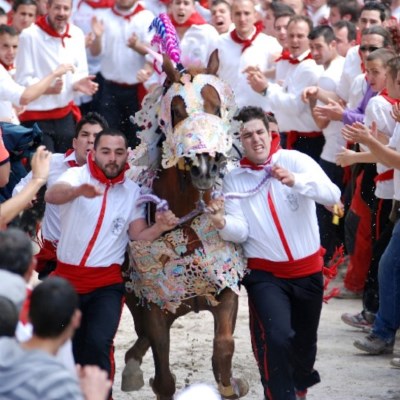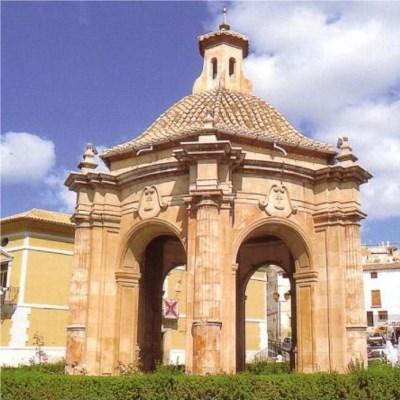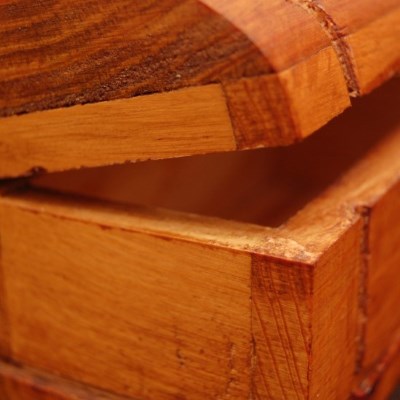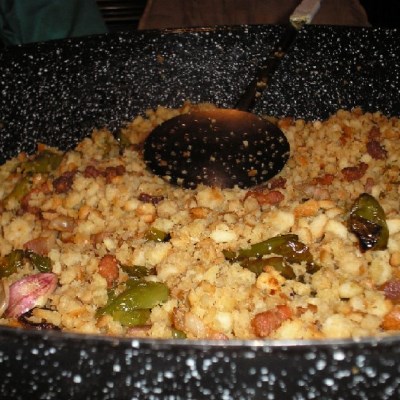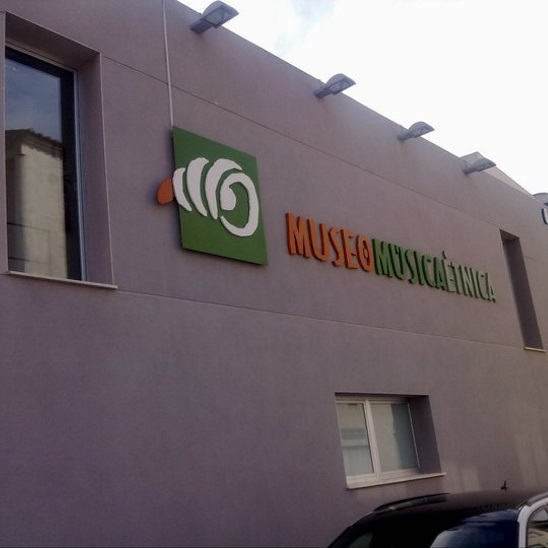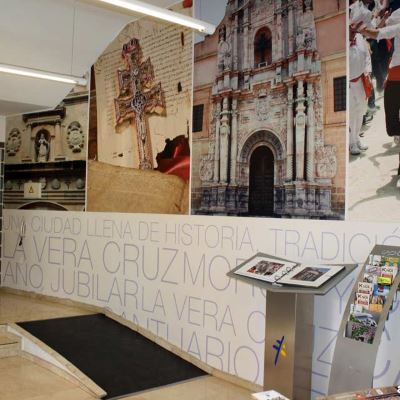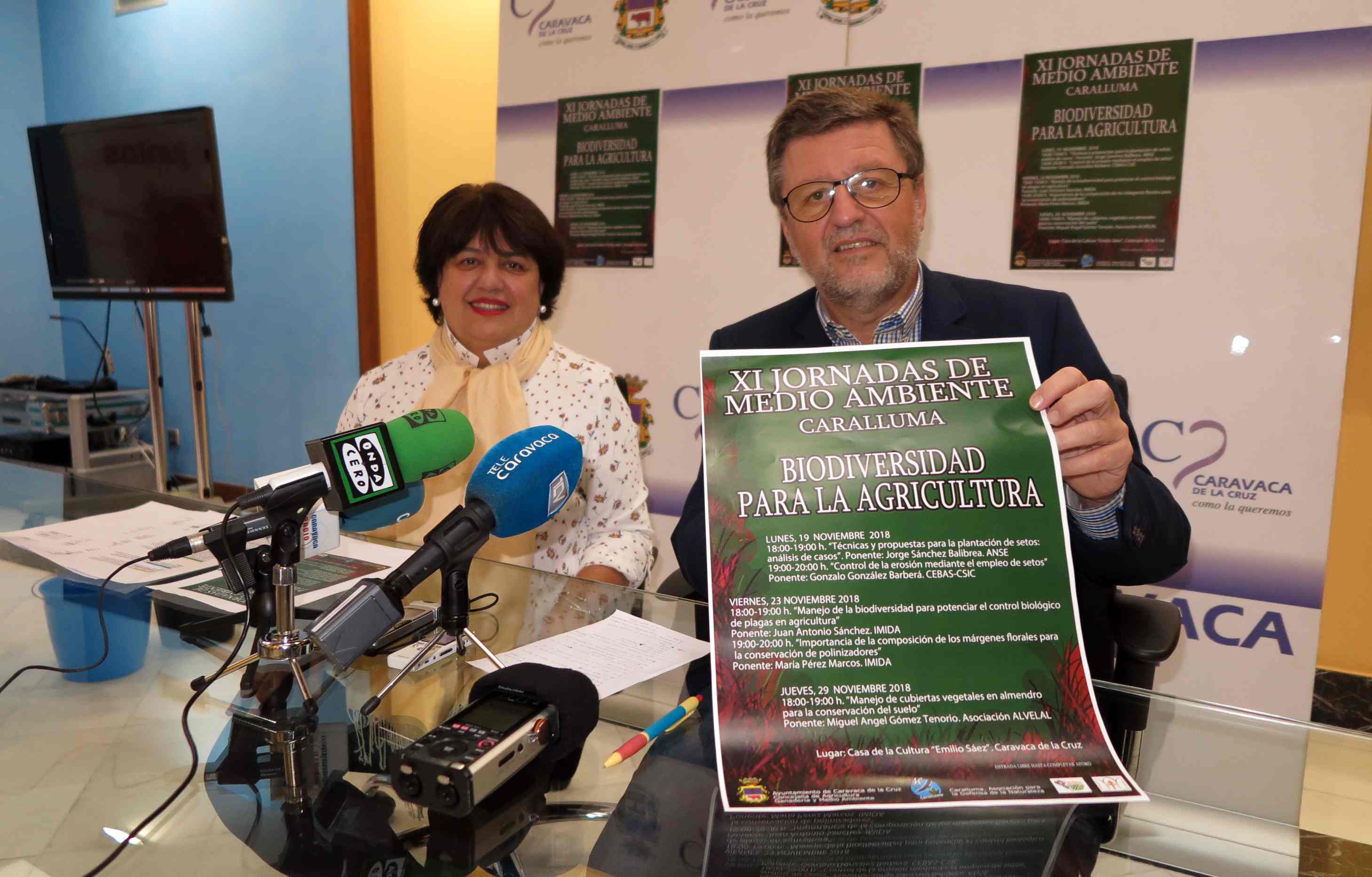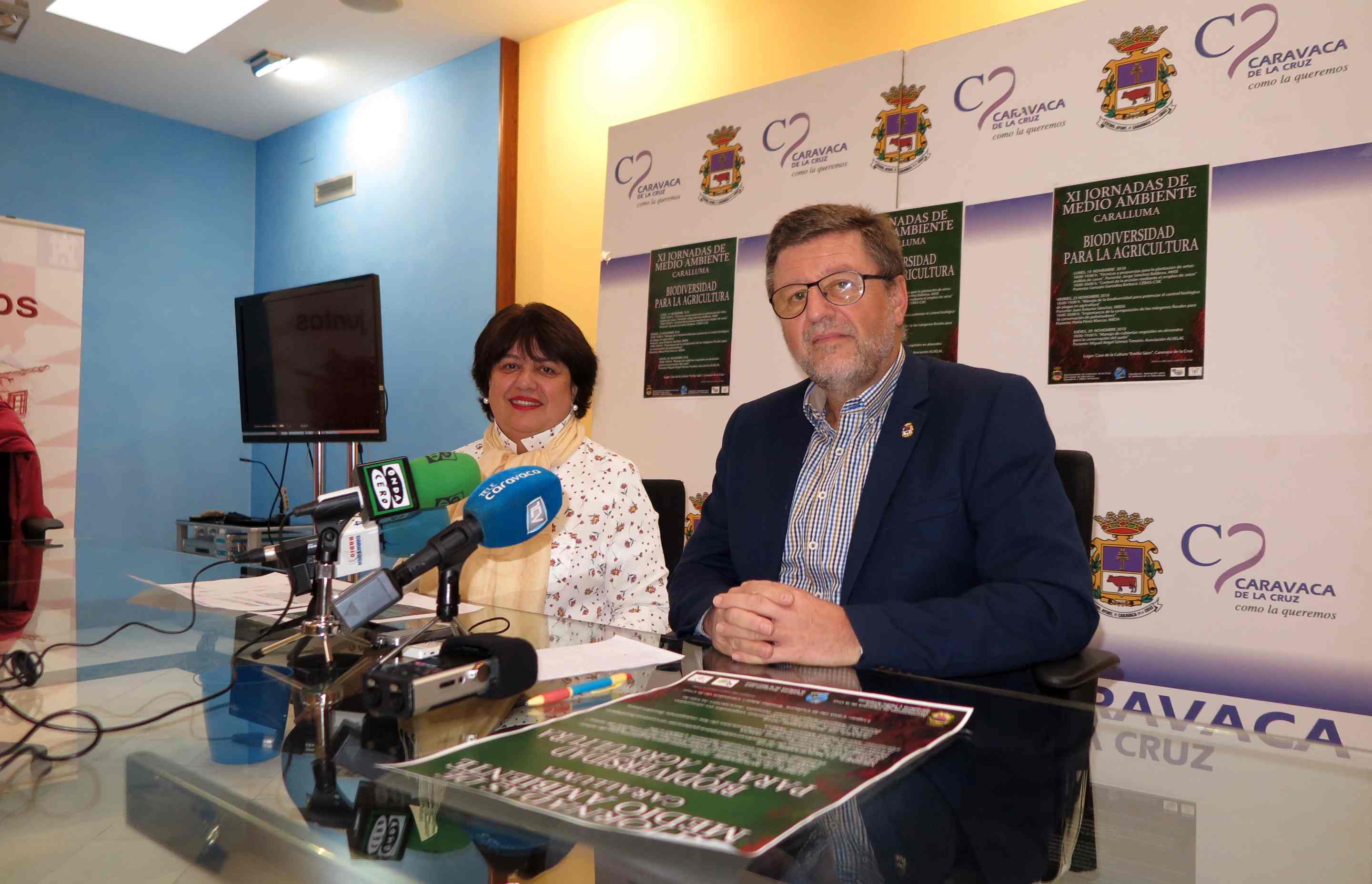Destacados investigadores y técnicos ofrecerán conferencias en el marco de esta actividad organizada por el Ayuntamiento de Caravaca y la asociación ‘Caralluma’
16/11/18. Caravaca celebra sus XI Jornadas de Medio Ambiente del lunes 19 al jueves 29 de noviembre, con distintas ponencias que tendrán como nexo de unión la biodiversidad para la agricultura. Las actividades se desarrollarán en la Casa de la Cultura ‘Emilio Sáez’, con acceso libre hasta completar aforo.
Las jornadas están organizadas de forma conjunta por la Concejalía de Medio Ambiente del Ayuntamiento de Caravaca de la Cruz y la Asociación para la Defensa de la Naturaleza ‘Caralluma’ y contarán con la participación de destacados investigadores y técnicos del Centro de Edafología y Biología Aplicada al Segura perteneciente al Consejo Superior de Investigaciones Científicas (Cebas-CSIC), del Instituto Murciano de Investigación y Desarrollo Agrario y Alimentario (Imida), de la Asociación de Naturalistas del Sureste (ANSE) y de la Asociación AlVelAl.
“Por su importancia y actualidad, este año hemos querido centrar la temática en la biodiversidad como base de la agricultura y de la actividad agraria y elemento fundamental para su futuro”, destacó el concejal, Enrique Fuentes. El responsable del área de Medio Ambiente también indicó que “los setos, lindes, ribazos, medianiles, las pedrizas y, en definitiva, los márgenes de los cultivos son fundamentales para la biodiversidad, al albergar la vegetación que posibilita la existencia de determinada fauna que, a su vez, resulta beneficiosa para la agricultura”.
La presidenta de la asociación ‘Caralluma’, Carmen Fernández, hizo referencia al prestigio y trayectoria de los ponentes participantes en esta undécima edición de las jornadas medioambientales y afirmó que “queremos hacer partícipes de las mismas a todos los agricultores y profesionales relacionados con el sector, ya que preservar y potenciar la biodiversidad, redunda positivamente en el medio ambiente y al mismo tiempo es beneficioso para la economía del agricultor, puesto que se puede conseguir una mejora en la producción de las cosechas y que se reduzcan costes económicos”.
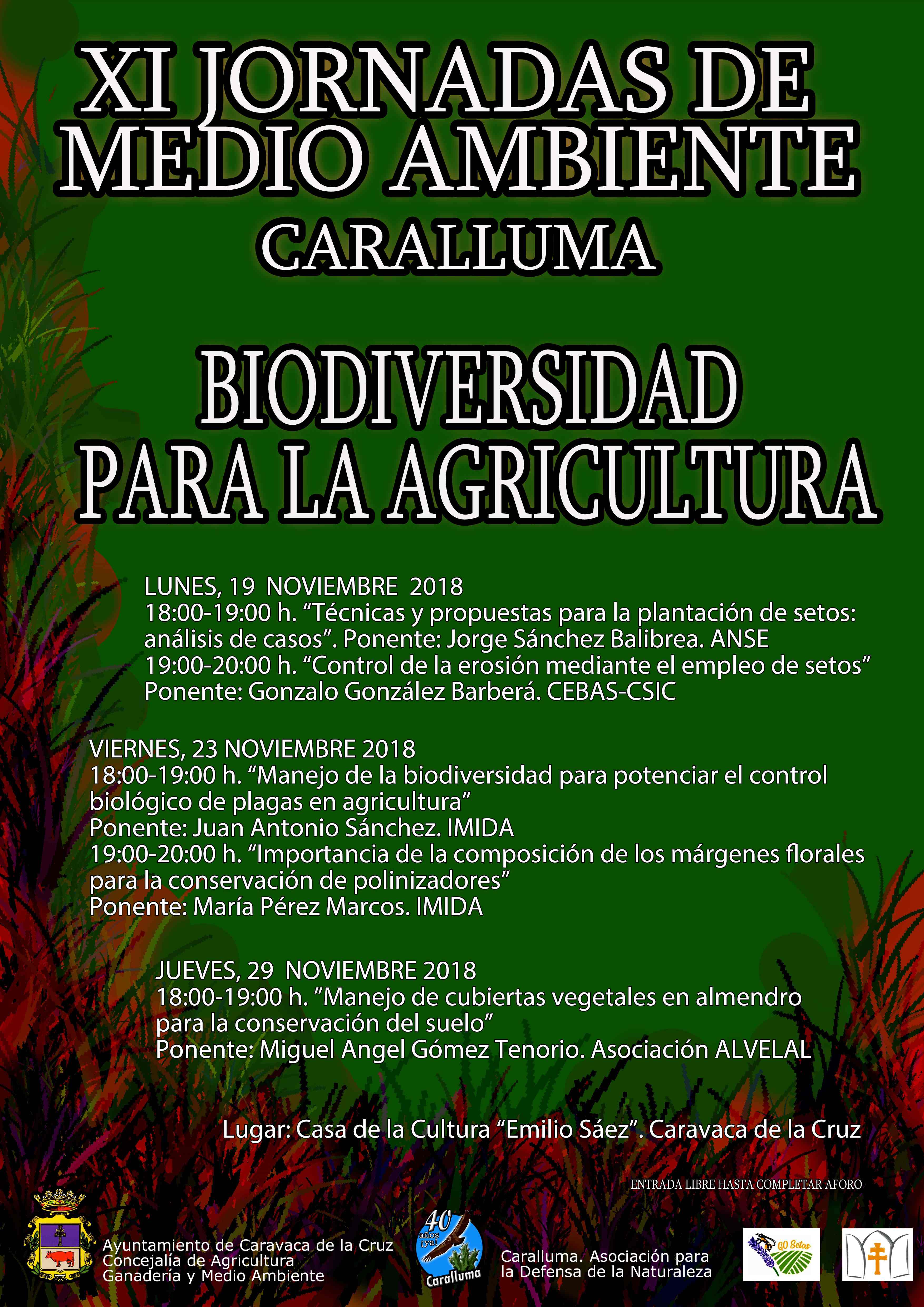
Programación:
Las jornadas comenzarán el próximo lunes, 19 de noviembre, a las 18.00 horas, con la conferencia ‘Técnicas y propuestas para la plantación de setos: análisis de casos’, a cargo del biólogo de la Asociación de Naturalistas del Sureste ‘ANSE’, Jorge Sánchez Balibrea. A continuación, a las19.00 horas, el investigador del Centro de Edafología y Biología Aplicada del Segura (Cebas-CSIC) Gonzalo González Barberá hablará del ‘Control de la erosión mediante el empleo de setos’.
La programación se retomará el viernes 23 de noviembre, a las 18.00 horas, con la charla sobre el ‘Manejo de la biodiversidad para potenciar el control biológico de plagas en agricultura”, que ofrecerá Juan Antonio Sánchez del Instituto Murciano de Investigación y Desarrollo Agrario y Alimentario (Imida). Seguidamente, a las 19.00 horas, María Pérez Marcos hablará de ‘La importancia de la composición de los márgenes florales”.
Las actividades de las XI Jornadas de Medio Ambiente se cerrarán el jueves 29 de noviembre, a las 19.00 horas, con una ponencia de Miguel Ángel Gómez Tenorio, miembro de la Asociación AlVelAl que agrupa a las comarcas del Altiplano de Granada, Los Vélez, Alto Almanzora, Guadix y Noroeste de Murcia, que hablará sobre el ‘Manejo de las cubiertas vegetales en almendro para la conservación del suelo.


